IFA national sheep chair Sean Dennehy said lamb prices moved up sharply last week, driven by rising demand for the Muslim holiday of Eid Al-Adha, which begins on 30 July.
He said to get the numbers they need, some factories had to increase their base price by as much as 20c/kg, with top prices including bonuses reaching €5.90/kg.
He said all factories increased quoted prices and paid prices to get lambs.
“Prices are ranging from €5.65/kg to €5.75/kg, with top prices of €5.90/kg including bonuses paid. Farmers are also negotiating on weights up to 21.5kg.”
He said factories are not able to get lambs at the lower quoted prices and are having to pay 30c/kg to 35c/kg over quotes to get lambs.
Dennehy said some factories are talking to suppliers and groups trying to pin down numbers and supplies right up to early August to be able to service the demand for Eid al-Adha.
“Substantially lower volumes of New Zealand imports into the UK and across the EU has left the market short.”
New Zealand is reporting that its EU imports were down 28% in April and 15% in June compared to 2019 levels.
Dennehy said this is a demand-led market lift as the weekly kills are consistently exceeding last year’s numbers.
The IFA sheep chair said the store trade is also robust in the marts, with 35kg lambs making €85.
Also, the breeding sales have got off to a flying start.
“Good grass growth is driving farmer demand and store lambs at the marts are trading solidly. This is critical as factory buyers have to pay premium prices at mart sales to get the numbers they need.”
Farmers frustrated at lack of transparency around PPI review
IFA president Tim Cullinan said that farmers would be disappointed and frustrated with the decision by Ornua to amend its purchasing price index (PPI).
The IFA has consistently communicated to Ornua, at the top level, the serious concerns of farmers who feel that there is a lack of transparency about the review.
“In particular, farmers are at a loss to understand why there has been an increase in the allocation for processing costs, despite the investments made in modern processing facilities,” he said.
“Farmers expect that milk processors would be getting more efficient, not less efficient,” he said.
“The IFA and farmers value the contribution to market and price transparency that the Ornua PPI has made over the years. These changes run the risk of causing confusion and reducing the comparability of the index over time. Ornua must now come out and explain these changes to farmers,” Cullinan said.
“In the interim, and in the interests of transparency, Ornua should continue to publish the index in the old format as well as this proposed be new format,” he said.
Inclusion of young bulls in grass-fed standard is correct
The change by Bord Bia to include young bulls in its grass-fed standard is the right thing to do for farmers.
Following consultation with the IFA, IFA president Tim Cullinan said Bord Bia has agreed to the following changes to the grass-fed standard:
To adapt the scope of the grass-fed standard to accommodate young bull beef. This means young bull beef will be eligible to be included in the grass-fed standard, along with steers, heifers and cows.To provide that the first nine months of an animal’s life (including young bulls) will be deemed as grass-fed regardless of whether they were on Quality Assured (QA) or non-QA farm(s).To treat young bulls the same as other animal categories with their qualification as grass-fed being dependent on meeting the criteria of the standard concerning the proportion of grass in the diet and grazing days.
IFA national sheep chair Sean Dennehy said lamb prices moved up sharply last week, driven by rising demand for the Muslim holiday of Eid Al-Adha, which begins on 30 July.
He said to get the numbers they need, some factories had to increase their base price by as much as 20c/kg, with top prices including bonuses reaching €5.90/kg.
He said all factories increased quoted prices and paid prices to get lambs.
“Prices are ranging from €5.65/kg to €5.75/kg, with top prices of €5.90/kg including bonuses paid. Farmers are also negotiating on weights up to 21.5kg.”
He said factories are not able to get lambs at the lower quoted prices and are having to pay 30c/kg to 35c/kg over quotes to get lambs.
Dennehy said some factories are talking to suppliers and groups trying to pin down numbers and supplies right up to early August to be able to service the demand for Eid al-Adha.
“Substantially lower volumes of New Zealand imports into the UK and across the EU has left the market short.”
New Zealand is reporting that its EU imports were down 28% in April and 15% in June compared to 2019 levels.
Dennehy said this is a demand-led market lift as the weekly kills are consistently exceeding last year’s numbers.
The IFA sheep chair said the store trade is also robust in the marts, with 35kg lambs making €85.
Also, the breeding sales have got off to a flying start.
“Good grass growth is driving farmer demand and store lambs at the marts are trading solidly. This is critical as factory buyers have to pay premium prices at mart sales to get the numbers they need.”
Farmers frustrated at lack of transparency around PPI review
IFA president Tim Cullinan said that farmers would be disappointed and frustrated with the decision by Ornua to amend its purchasing price index (PPI).
The IFA has consistently communicated to Ornua, at the top level, the serious concerns of farmers who feel that there is a lack of transparency about the review.
“In particular, farmers are at a loss to understand why there has been an increase in the allocation for processing costs, despite the investments made in modern processing facilities,” he said.
“Farmers expect that milk processors would be getting more efficient, not less efficient,” he said.
“The IFA and farmers value the contribution to market and price transparency that the Ornua PPI has made over the years. These changes run the risk of causing confusion and reducing the comparability of the index over time. Ornua must now come out and explain these changes to farmers,” Cullinan said.
“In the interim, and in the interests of transparency, Ornua should continue to publish the index in the old format as well as this proposed be new format,” he said.
Inclusion of young bulls in grass-fed standard is correct
The change by Bord Bia to include young bulls in its grass-fed standard is the right thing to do for farmers.
Following consultation with the IFA, IFA president Tim Cullinan said Bord Bia has agreed to the following changes to the grass-fed standard:
To adapt the scope of the grass-fed standard to accommodate young bull beef. This means young bull beef will be eligible to be included in the grass-fed standard, along with steers, heifers and cows.To provide that the first nine months of an animal’s life (including young bulls) will be deemed as grass-fed regardless of whether they were on Quality Assured (QA) or non-QA farm(s).To treat young bulls the same as other animal categories with their qualification as grass-fed being dependent on meeting the criteria of the standard concerning the proportion of grass in the diet and grazing days. 


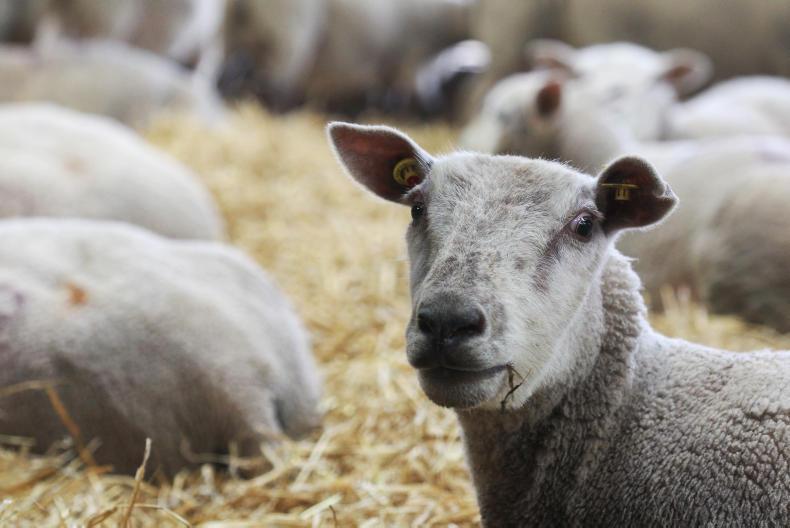
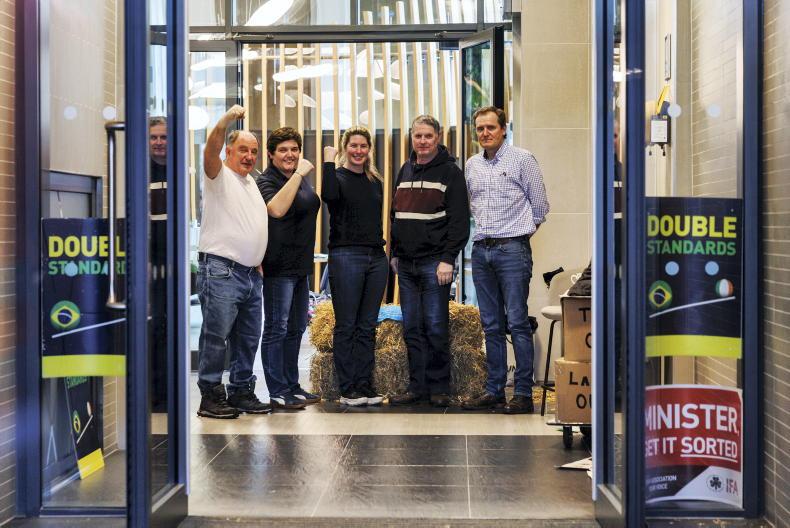
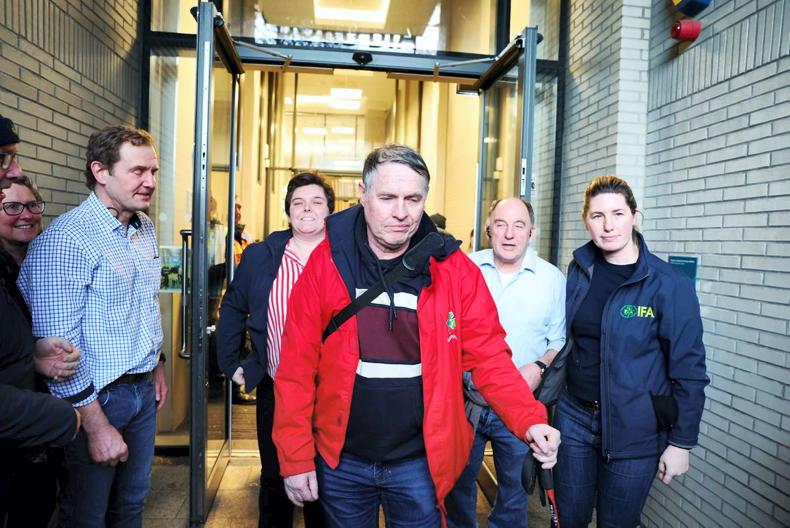
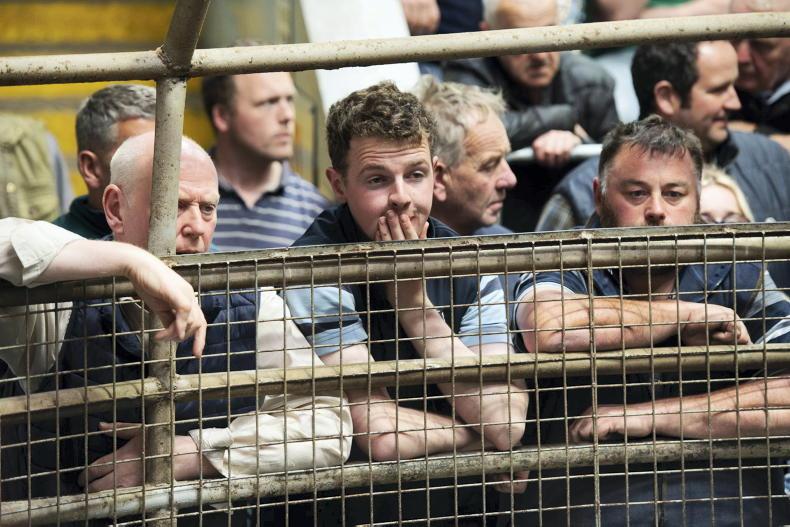
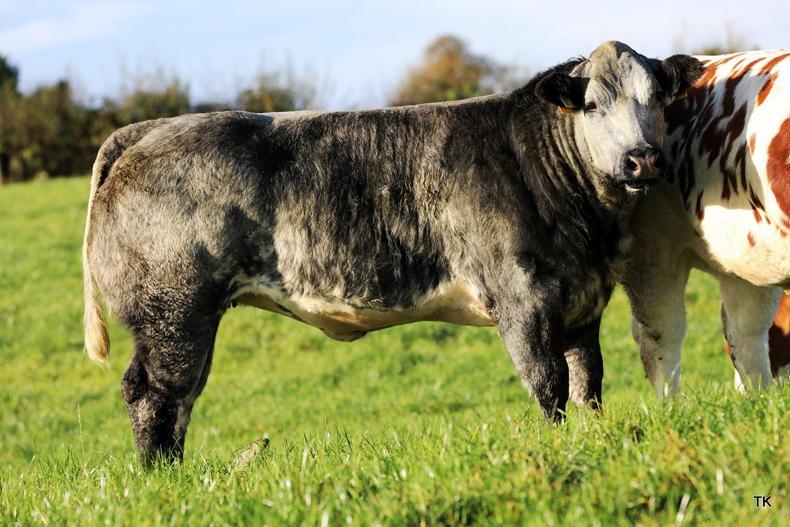
SHARING OPTIONS